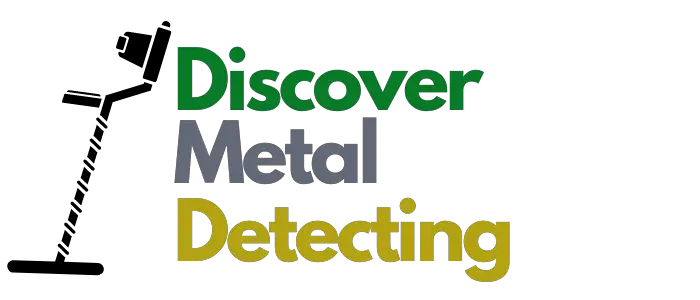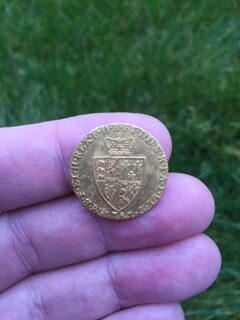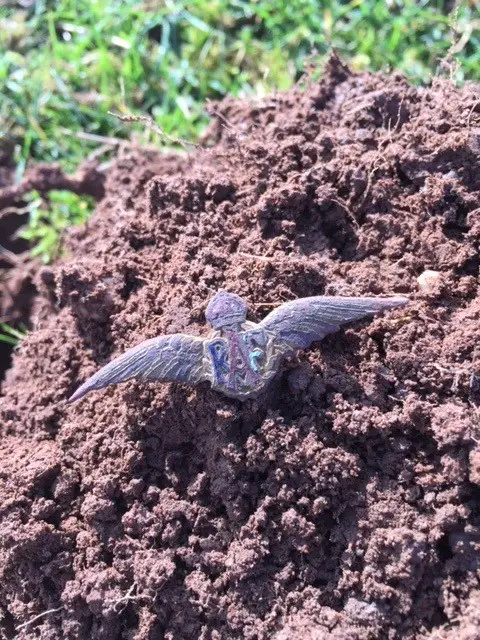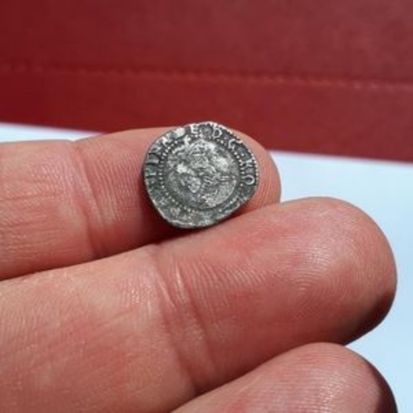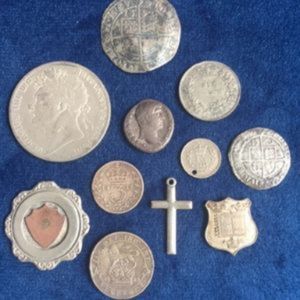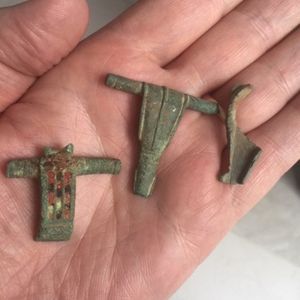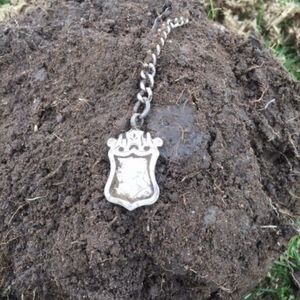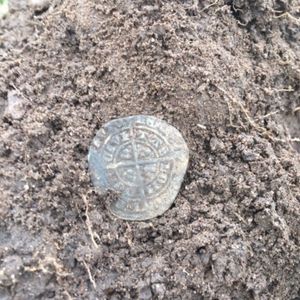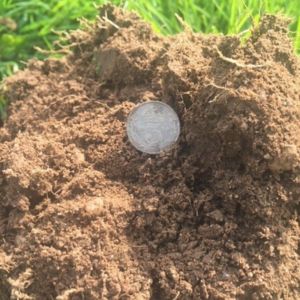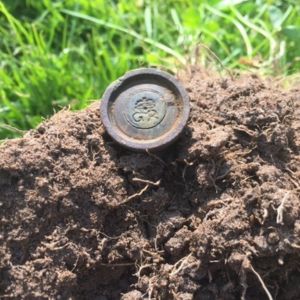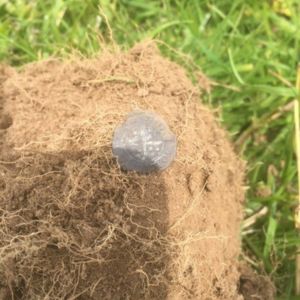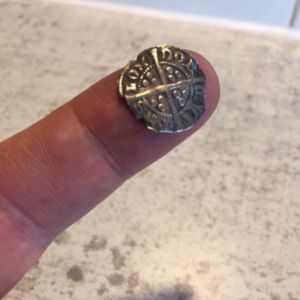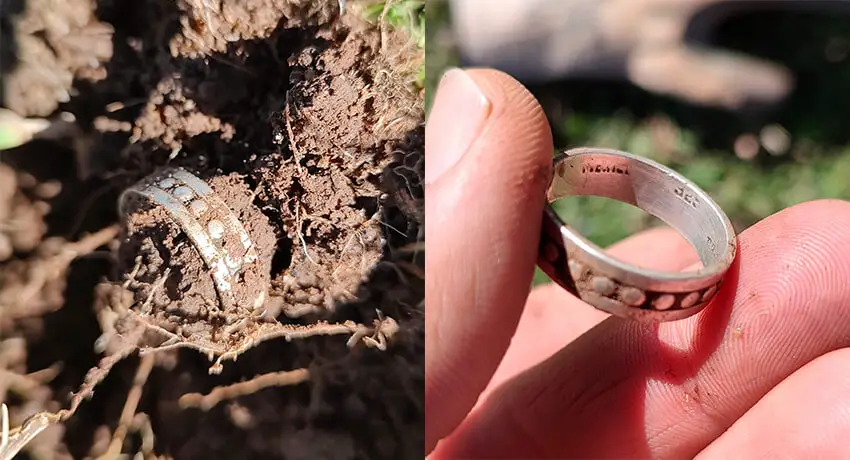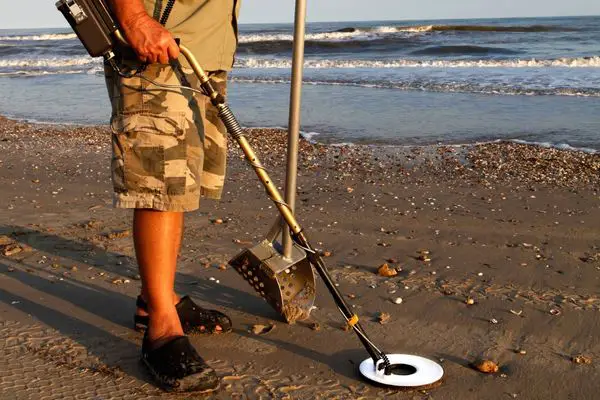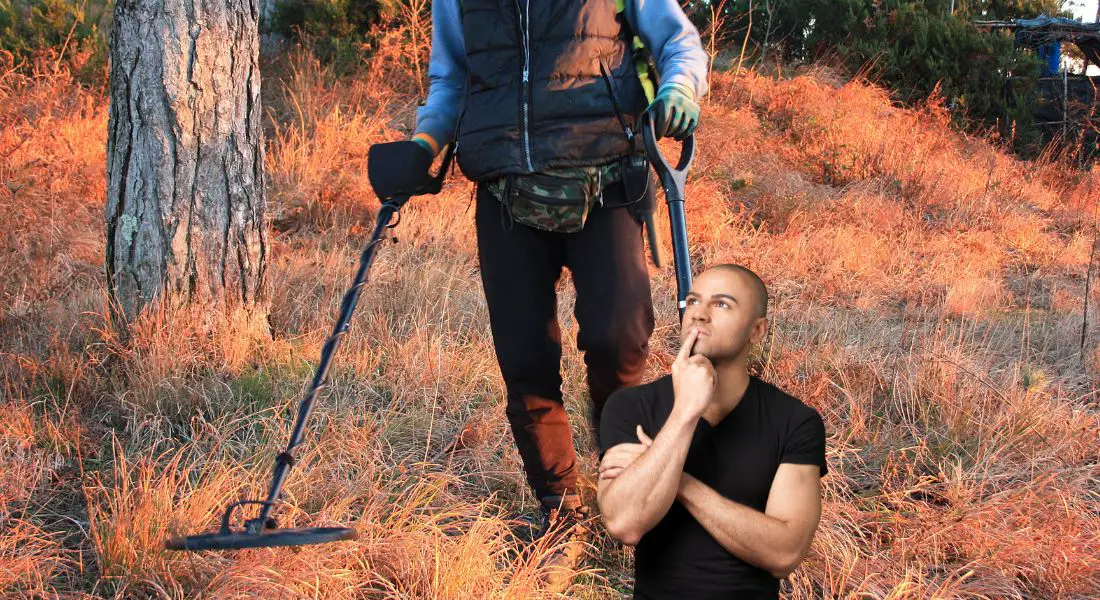Metal detecting has an honour bound rules system within it’s responsible community. These rules are known as a code of practice and the rule of statute law.
The honour bound system includes adhering to The Countryside Code as well as not trespassing or breaking The Treasure Act 1996.
Rules for metal detecting
As with most hobbies and a general life skill, most things you undertake will have some kind of overseeing body responsible for the hobby.
This could either be funded by government, privately funded by memberships or undertaken by enthusiasts as a voluntary body.
Either way, codes of practices are formed over the years to try and regulate memberships and establish a common level of responsibility.
This is to ensure that the hobby in question does not effect others detrimentally and promotes it responsibly. A typical example of this is the explosion of the use of flying drones.
A code of practice, rules and laws were introduced in very short order. Insurance for hobbies is also important. You can read my article on metal detecting insurance here.
Metal detecting is no different. In fact, I think you would agree that the hobby of metal detecting and it’s implications of potentially finding objects of national importance, more readily in the forefront of having to promote responsibility.
Thinking of taking up metal detecting?…..read my metal detecting for beginners article here!
The Treasure Act 1996
The Treasure Act 1996 came about to manage any historical finds of national importance. This is regardless if they are found by a workman digging a hedgerow, a dog walker walking across a field or a metal detectorist digging a hole.

Everyone is bound by the law to declare what qualifies as “Treasure”.
Finders of objects which qualify as treasure (as defined in the Act) must declare it and report the find to their local coroner within 14 days.
The exact specifics of what qualifies as treasure is in the act here but put simply, if over 300 years old and it looking like it’s made from precious metal, it would need checking out!
An FLO (Finds Liaison Officer) at your local museum can help with identification and the declaration process.
An inquest will then determine if the object qualifies as treasure. If you are lucky enough to have the object declared to be treasure, then you must offer the object for sale to a museum for a certain value.
This value is determined by a body called the Treasure Valuation Committee.
The TVC are independent and experts in their field. Only if a museum has no interest in the object or is unable to purchase it due to lack funds, (which is common these days), can the finder retain it and put it on the open market for sale.
Encroaching onto metal detecting rules and codes of practice, it is commonplace for a finder and a landowner to then split any sale money 50/50.
You can further read my more in depth article on the treasure process and treasure definition here.

Unbeatable Multi Frequency!
You can now get the ultimate power of multi frequency technology over single frequency detectors with the Minelab Vanquish range of detectors.
The entry level Vanquish 340 now gives you ultimate depth, stability and sensitivity on all target types in every soil, including wet beach sand.
Trespassing – The Law
Where can I go metal detecting?
Before moving onto the honour bound aspects of being responsible, we must cover metal detecting permissions and trespassing.
It must be stressed here that any responsible detectorist that values their hobby and does not want to ruin it by bringing it into disrepute, will always seek permission from a landowner before embarking on any detecting.
It’s exactly the action of irresponsible “so called” detectorists that detect without permission, leaving holes exposed and not declaring finds that can have a catastrophic effect on the hobby.
When this happens, we get tarred with the same brush and when you innocently approach a farmer in a responsible manner to ask for permission, you just get sent away and told that it’s people like you that have trashed my land.

Whether you are detecting or not, being on someones land without permission is trespassing.
Now, contrary to what most people think, you cannot get prosecuted for trespassing. (well, not at the time of writing this article!)
You may have seen many signs erected saying “Trespassers will be prosecuted!” but technically, it’s not true.
What can happen however is that if you are caught trespassing and the police are involved. Your details will be taken.
This will empower the landowner if needed to take out an injunction against you to prevent you from being on their land ever again.
Now, if you continue to trespass on the land and get caught again, you are now as well as trespassing, breaking an injunction which is a lot more serious and can get you in some quite hot water!!
Always get permission! You can read further about this in my article…..is metal detecting legal?
Other no go areas!

Finally, there are other very important places that you cannot detect on. These namely are Scheduled Monuments (SM), Sites of Special Scientific Importance (SSSI’s) and Ministry of Defence land.
Only organised high level archaeological digs are ever really sanctioned on these places.
These sites hold significant historical importance at national level and the consequences of being caught causing any damage to these sites can be quite severe.
I cover a way to determine where these areas are in my article about 7 metal detecting research resources here.
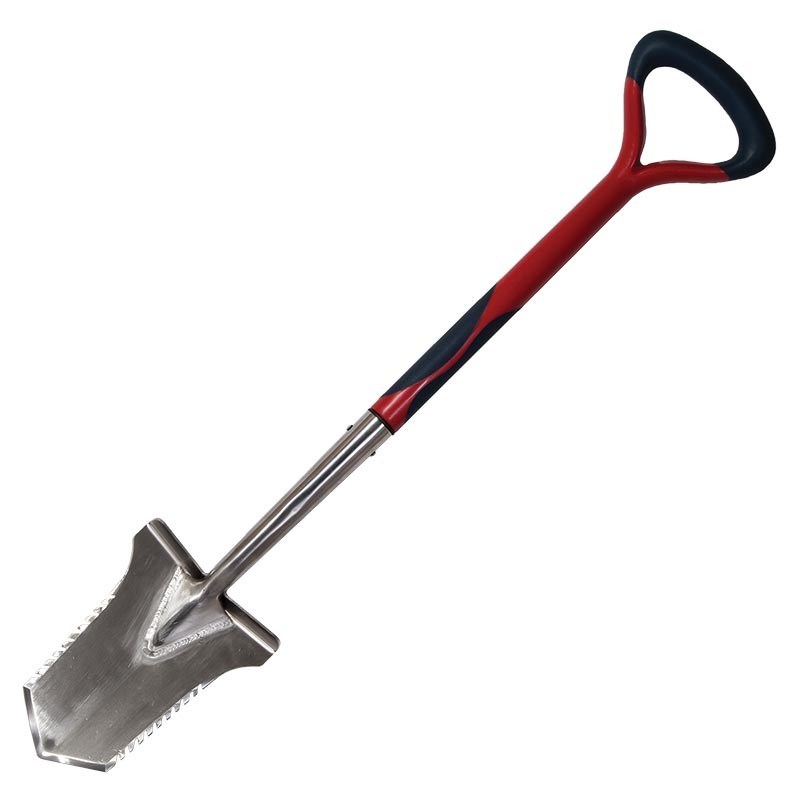
The Evolution Pro Cut
The ultimate accessary for the serious metal detectorist. Super strong, stainless steel specially designed spade.
Where can I metal detect without permission UK?
In a nutshell, there are only two places you can metal detect without permission in the UK. One of these is a beach and the other is on any land that you personally own, like a back or front garden.
The only thing to watch out for is any area of a beach that is protected by typically an SSSI. (Site of Special Scientific Interest) This could be protected due to endangered wildlife or plants.
Everywhere else needs permission but start off asking friends or family if they, or anyone they know has any land. This can often be the best place to start to gain a permission.
Can I metal detect in woods UK?
Again, all land in the UK is owned by someone. This will either be privately or ultimately by the Crown. You can metal detect anywhere, (except protected areas) as long as you have permission.
The Countryside Code
The Country Code
The Countryside Code or The Country Code is statutory guidance outlining the responsibilities for visitors to the countryside and people who manage the land. The general ethos is to “Respect Everyone”, “Protect the Environment” and above all, “Enjoy the Outdoors”.
Respecting everyone includes being considerate to those living, working and enjoying the countryside.
Super important but easy to achieve, it’s as simple as leaving gates and property as you found them, not blocking access ways to gates or driveways when parking up, being polite, proactive and courteous to other people and residents whilst following any visual information signage.
This could be designated footpath direction signage.

Protecting the environment is a massive one and really important. The general ethos here is to aim to leave the countryside as you found it, almost like you haven’t been there.
This starts with basic life skills like ensuring you take all litter away with you for disposal responsibly at home.
Under no circumstances light any fires and always ensure that you only barbecue in designated areas where signage accepts this.
Unwanted fires can cause severe damage to property, livestock and life if not taken seriously, especially in tinder dry summer months.
Always keep dogs under control and in sight. Again, even the most mild mannered docile house pet can turn when in a field with young lambs for instance.
The consequences of this happening is unthinkable. In a similar vein, it can be uncomfortable but always clear up any dog poo and always either take it away or dispose of in the correct bins.
Finally, always care for the nature around you. Try not to cause any damage to habitats, dens or nests etc. Everything has it’s place and right be there.
You can read further about The Countryside Code on the government website here.
Final thoughts
Okay, so we’ve covered quite a bit and what it boils down to is generally about being a responsible, law abiding citizen who demonstrates good skills whilst carrying out their hobby which I guess continues into their everyday lives.
It’s obviously important to stay within the law so ensuring that you have permission to detect on the land and if anything important is found, it’s taken through the correct channels, you should be okay.
Adhering to The Countryside Code should really be second nature for a detectorist. Don’t forget, even if a find doesn’t qualify as treasure, it can still be recorded onto a database to help the community.
Read my useful article on the Portable Antiquities Scheme and the UK Detector Finds Database here.
In my experience, every responsible detectorist I’ve met has had a deep affinity and respect for the countryside and the people who live and work in it. Look after yourselves and the countryside….happy hunting!

Ultimate Tactical Packs!
Carry everything you’ll need for a detecting day like a First Aid kit, detector spares, finds boxes, batteries, snacks and drinks to rehydrate.
Never forget anything again with a belt pack!
